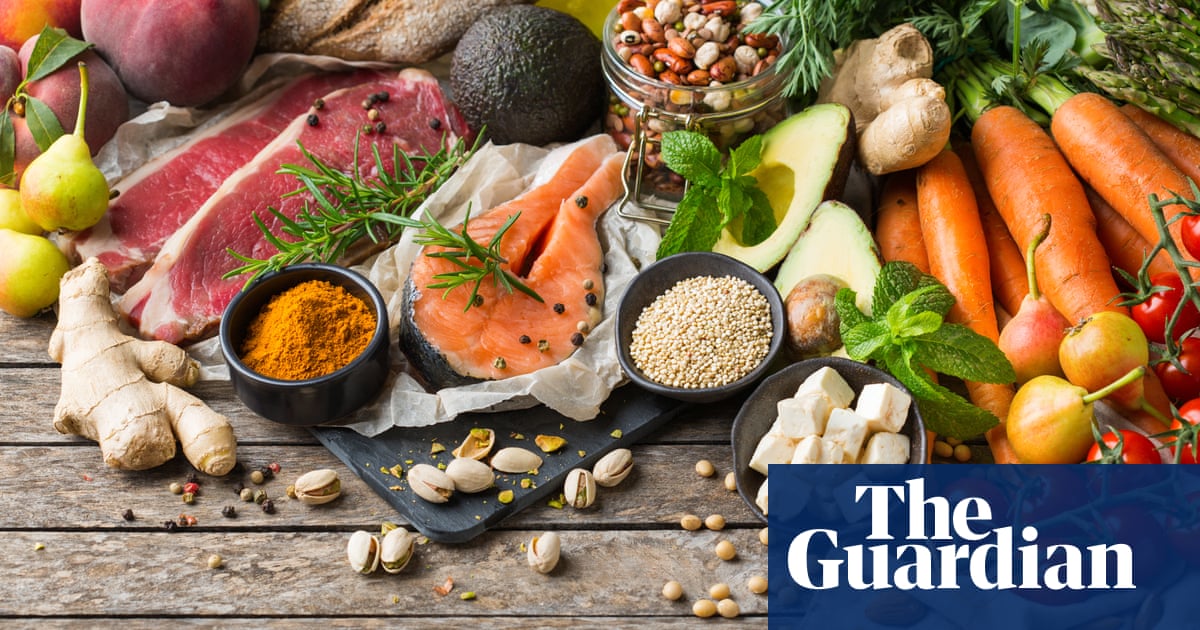Cardiovascular
Plant-based swaps may cut diabetes and heart disease risk, major review finds
Replacing meat and dairy with whole grains, beans, nuts and olive oil may significantly reduce cardiovascular disease and type 2 diabetes, according to a major review into the impact of diet on health.
Researchers in Germany analysed 37 published studies to assess the benefits of switching from red and processed meat, poultry, fish, eggs and dairy products to plant-based foods such as beans, nuts, whole grains, oils, fruit and vegetables.
They found marked reductions in cardiovascular disease and type 2 diabetes and a lower risk of dying from any cause during the periods covered by the studies, especially when red and processed meats were replaced with plant-based foods.
“This evidence highlights the potential benefits of shifting from animal-based diets, including red and processed meat, eggs, dairy, poultry and butter, to plant-based foods like nuts, legumes, whole grains and olive oil,” said Dr Sabrina Schlesinger, a senior author on the study at the German Diabetes Centre in Düsseldorf.
The risk of cardiovascular disease was about 25% lower when 50g of processed meat a day was replaced with nuts or legumes. Meanwhile, replacing one egg a day with 25g of nuts was linked to a 17% lower risk. But there was no clear evidence that replacing poultry or fish with nuts or legumes reduced cardiovascular disease.
Similar benefits were seen for type 2 diabetes and all causes of death recorded by the studies analysed. The authors calculated a reduction in type 2 diabetes of about 20% when 50g of processed meat daily was swapped for up to 28g of nuts, or when a daily egg was replaced with 30g of whole grains or 10g of nuts.
Replacing processed meat, which was often red meat in the form of ham, bacon, sausages or hotdogs, was linked to the clearest health benefits. According to the study in BMC Medicine, switching 50g of processed meat a day for 28-50g of nuts was associated with a 21% lower risk of death from any cause in the studies assessed.
The research does not delve into the reasons for the observed health benefits, but meat is often rich in saturated fatty acids which are thought to raise the risk of cardiovascular disease and type 2 diabetes. Processed meat can also have high levels of sodium, nitrates and nitrites. Plant-based foods, on the other hand, are rich in essential nutrients, such as fibre, vitamins and minerals, antioxidants and phytochemicals that dampen inflammation.
Prof Nita Forouhi, an expert in nutrition, diabetes and obesity at the University of Cambridge MRC Epidemiology Unit, said the most convincing findings from the study were for swapping processed and unprocessed red meat with plant-based foods.
One drawback is that the study does not distinguish between different types of dairy. There was some evidence, Forouhi said, that fermented dairy produce, such as yoghurt and cheese, was healthier. Nor did the study look at the benefits of replacing red and processed meat with other animal-based foods such as fish, poultry and eggs. “Not everyone may wish to be vegan or vegetarian,” she said.
“The researchers rightly call for further and better-quality research,” Forouhi added. “But while this is awaited, it would be prudent to particularly focus on reducing red and processed meat intake, for which the potential adverse health and environmental impacts are greatest.”

